Crocus Bulb Storage: Learn How To Cure Crocus Bulbs
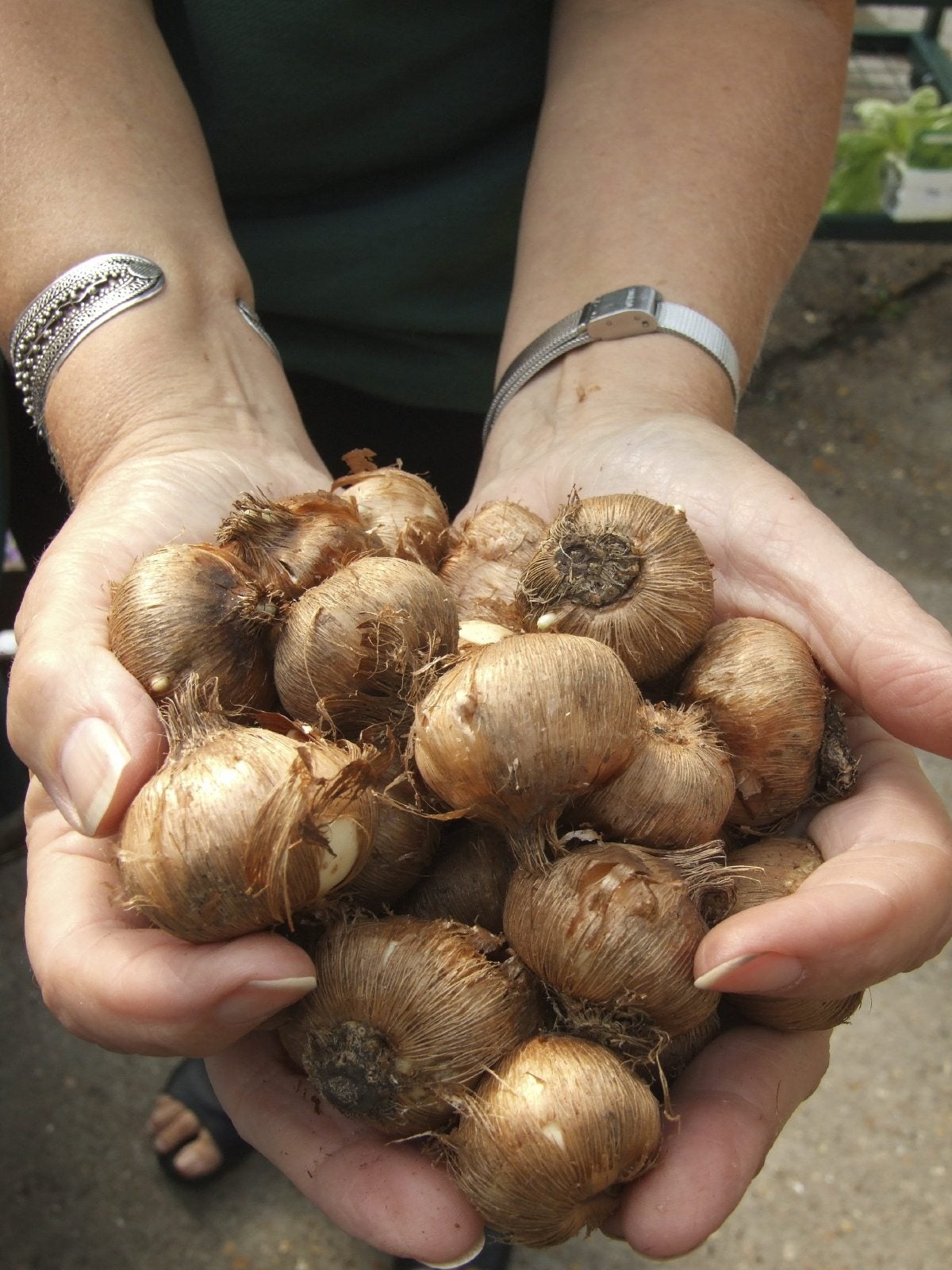

As one of the harbingers of spring, early blooming crocus flowers are a cheery reminder that sunny days and warm temperatures are just around the corner. Do you store crocus bulbs? In many regions, digging and storing crocus bulbs isn’t necessary but, in cold climes, the corms will have a better chance of survival when lifted and dried. If you choose to remove the bulbs until the next growing season, it is important to know when to dig up crocus bulbs. The correct timing will ensure healthy corms with plenty of stored energy for maximum blooms.
Do You Store Crocus Bulbs?
Crocus plants require a chilling period of six to eight weeks before sprouting time. The corms are quite cold hardy but in soil that drains poorly, leaving them in the ground can cause rot. Digging them up and curing crocus bulbs properly will ensure years of blooming and allow you the opportunity to divide the corms, which naturalize and develop more plants. Clumps that are old and heavily populated benefit from lifting and separating. The result is better yields and bigger blooms. Crocus actually spring from corms, but many gardeners use the term bulb and corm interchangeably. Both are specialized plant structures which store carbohydrates and nurture the embryonic plant. If you purchase your crocus too early in the season for planting, you can save them until planting time. Manufacturers provide adequate crocus bulb storage in the form of mesh bags to ensure air flow and organic material to cushion them. They have already undergone a process of curing crocus bulbs to prevent excess moisture and rot. Freshly dug corms, however, will require some drying time and proper nesting to ensure their health during storage.
When to Dig up Crocus Bulbs
Timing is everything and that is no less true then when you harvest your bulbs and corms. For winter crocus bulb storage, lift the corms when the leaves have died back at the end of the season. Even though the flowers are long gone, waiting until foliage is yellow and dying allows the plant to continue to collect solar energy to fuel the next season. Dig around the patch carefully to prevent cutting or damaging the corms. Lift the clumps and divide the corms away from each other. Discard any that have signs of damage and keep only the largest, healthiest corms. Allow the corms to dry in a well ventilated, dry area for a week.
How to Store Crocus Bulbs
Lifting and dividing is only half the battle. If you want a vigorous spring display, you also need to know how to store crocus bulbs. After curing the corms, cut off the spent foliage, taking care not to cut into the corm. Many gardeners like to dust the bulbs with fungicide, but this isn’t necessary provided they have been cured dry and are in a well-ventilated area. Place corms in a paper or mesh bag. You may choose to line the bag with dried moss to cushion the bulbs. Store them in a dry location for two months or more. Plant the corms six to eight weeks before a hard freeze is expected or force bulbs indoors in pots and plant outside when soil is workable.
Gardening tips, videos, info and more delivered right to your inbox!
Sign up for the Gardening Know How newsletter today and receive a free copy of our e-book "How to Grow Delicious Tomatoes".

Bonnie Grant is a professional landscaper with a Certification in Urban Gardening. She has been gardening and writing for 15 years. A former professional chef, she has a passion for edible landscaping.
-
 Looking For Plants To Give You The Soft And Fuzzies? Try These 5 Fuzzy Leaf Plant Options
Looking For Plants To Give You The Soft And Fuzzies? Try These 5 Fuzzy Leaf Plant OptionsLovers of texture, drama, silver foliage and tactile plants will adore these special sensory garden additions. These fuzzy leaf plant options will leave you all aglow
By Susan Albert
-
 Get Ready For A Summer Of Hummers! Grow These Full Sun Hummingbird Plants and Flowers
Get Ready For A Summer Of Hummers! Grow These Full Sun Hummingbird Plants and FlowersIf you’re lucky enough to enjoy a sunny backyard, make sure you are maxing out on your pollinator opportunities and grow these full sun hummingbird plants and flowers
By Tonya Barnett
-
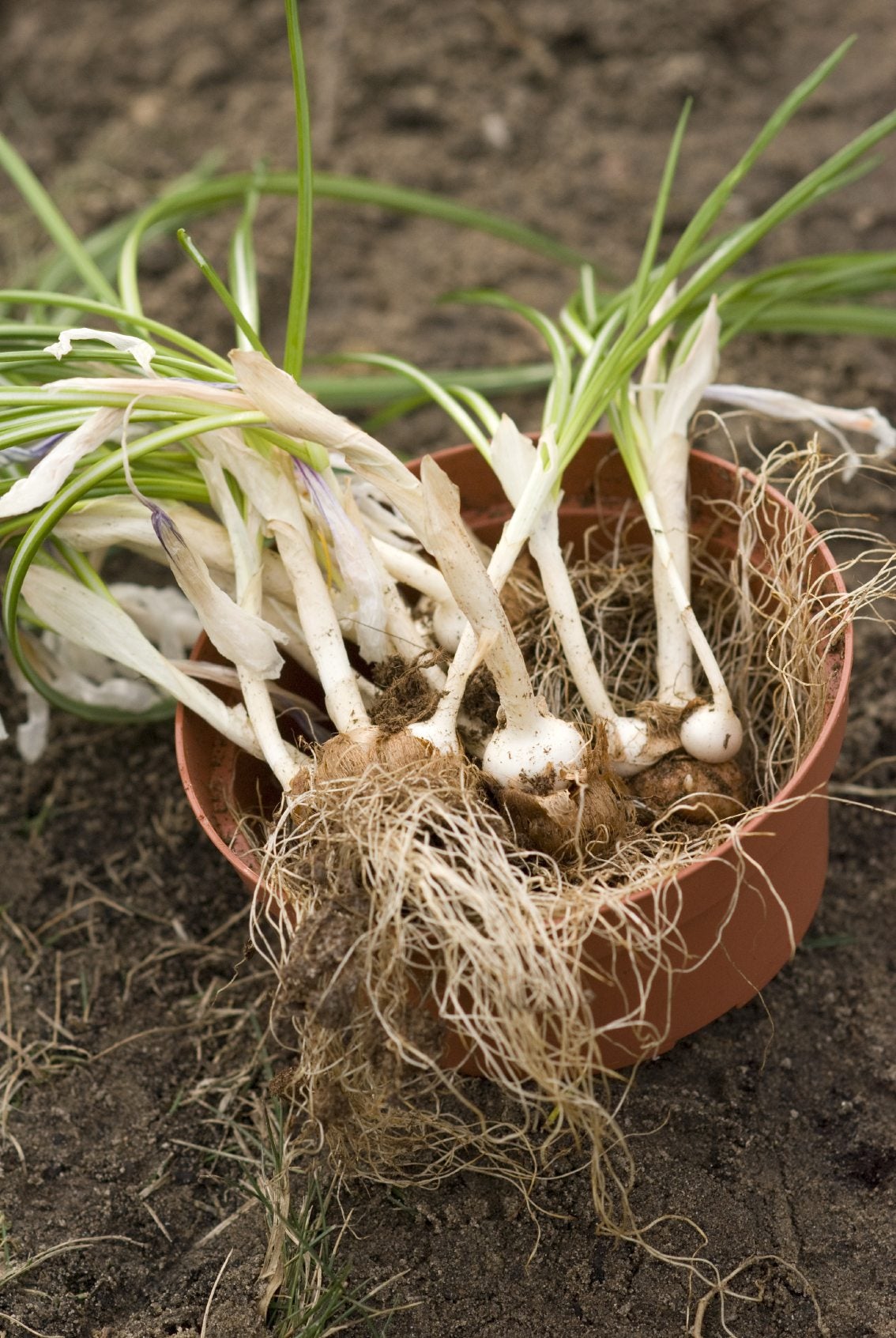 What Are Crocus Offsets: How To Dig Up Crocus Bulbs For Propagation
What Are Crocus Offsets: How To Dig Up Crocus Bulbs For PropagationCrocuses are some of the first flowers to poke their heads through the soil in early spring. Propagating crocus bulbs from division is an easy method of multiplying these enchanting flowers, and this article will help.
By Gardening Know How
-
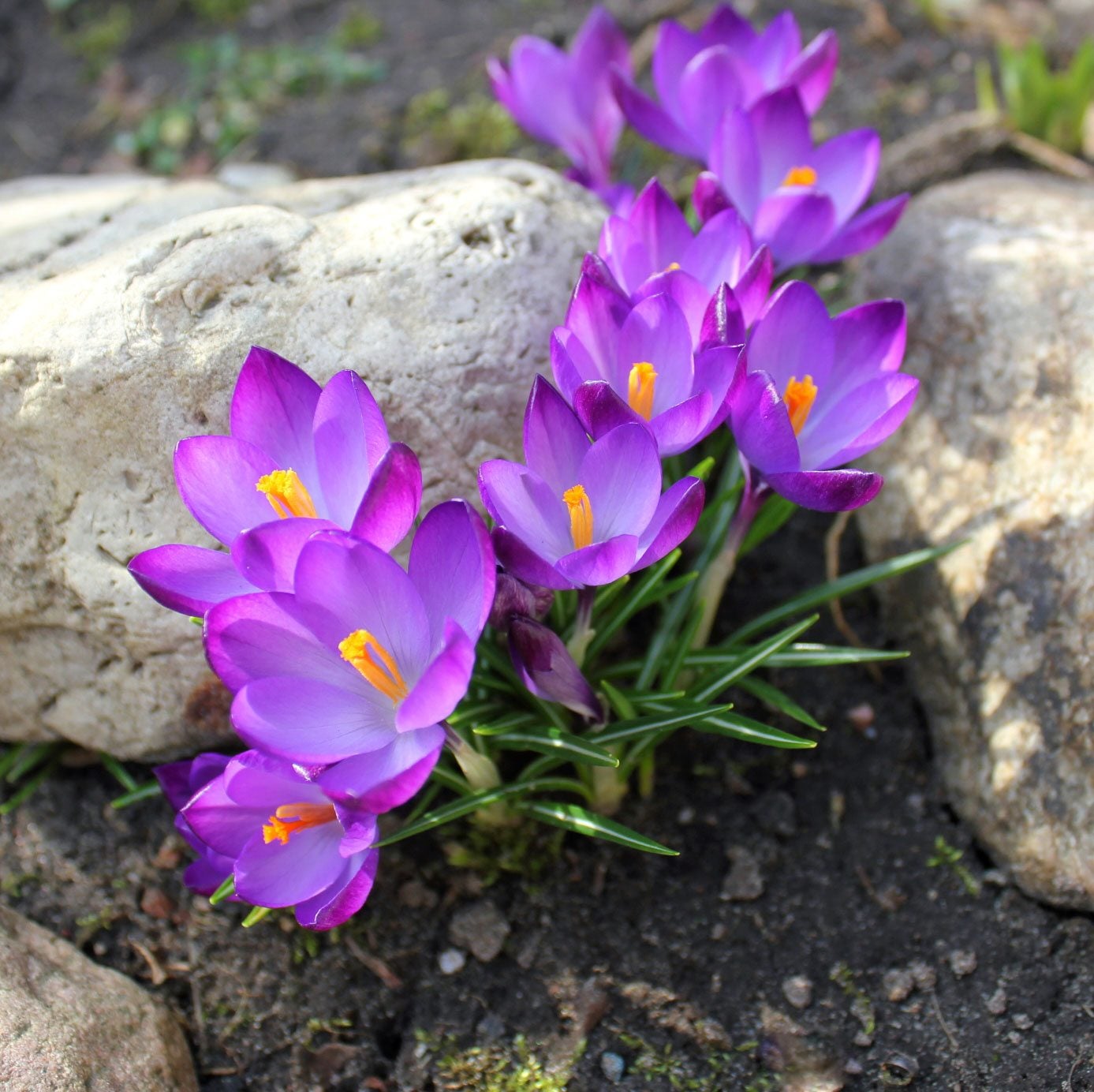 Crocus Planting Tips: Learn When To Plant Crocus Bulbs
Crocus Planting Tips: Learn When To Plant Crocus BulbsCrocuses are the first bright surprise in early spring. In order to get the cheery flowers, you have to plant some corms at the right time of the year. You need to know when to plant crocus. Read here for important crocus planting tips.
By Bonnie L. Grant
-
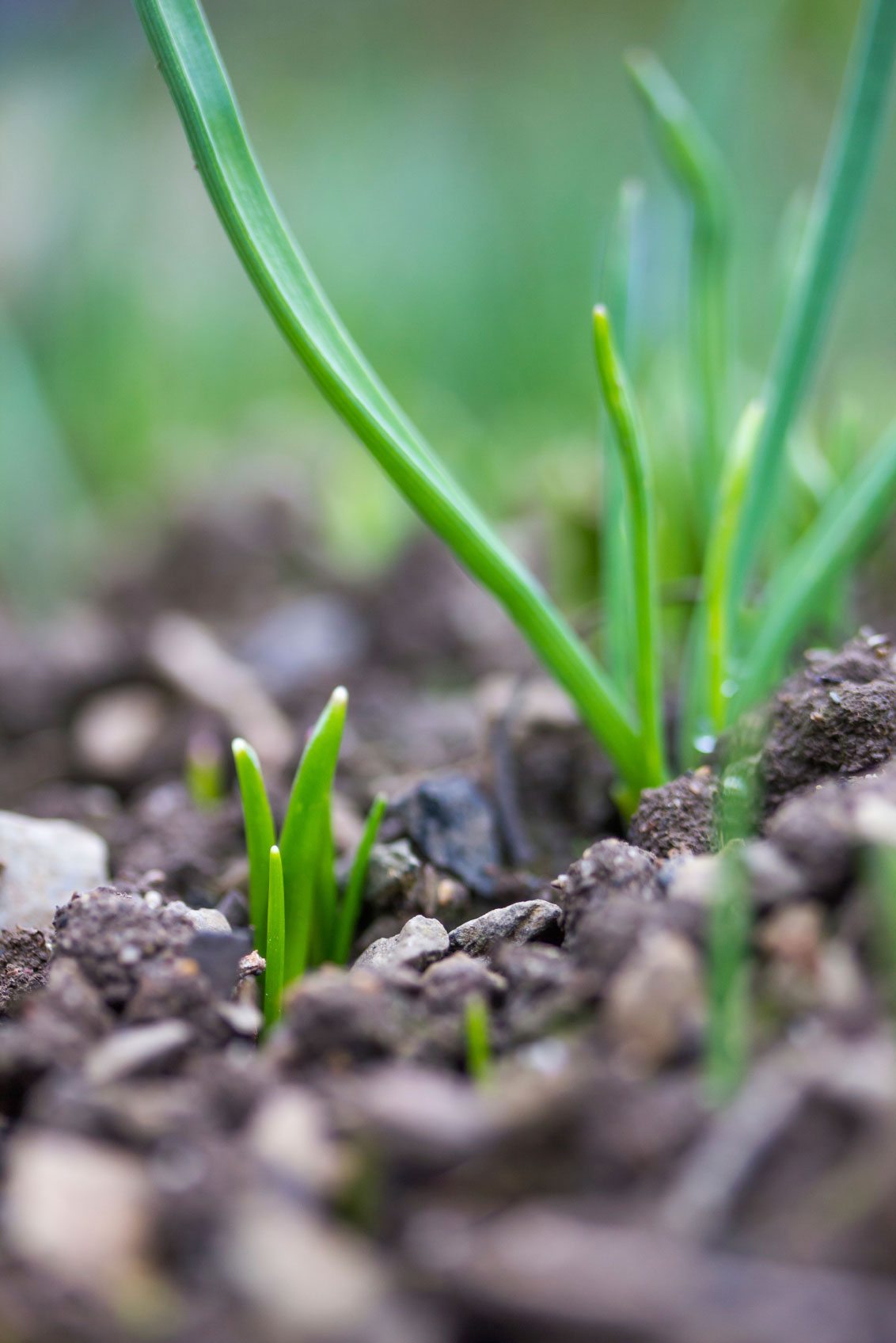 My Crocus Won't Flower: Reasons For A Crocus Not Blooming
My Crocus Won't Flower: Reasons For A Crocus Not BloomingYou did everything right. You planted the corms in fall, fluffed up the soil, and fertilized the root zone but there are no blooms on your crocus. There are several reasons for a crocus not blooming. Learn what they are in this article.
By Bonnie L. Grant
-
 Crocus In Lawns: Tips For Growing Crocus In The Yard
Crocus In Lawns: Tips For Growing Crocus In The YardEarly-spring crocus have much to offer and they needn't be restricted to the flower bed. Just imagine a lawn filled with these blooms. If you're thinking about growing crocus in the yard, there are several things to consider. This article will help.
By Mary H. Dyer
-
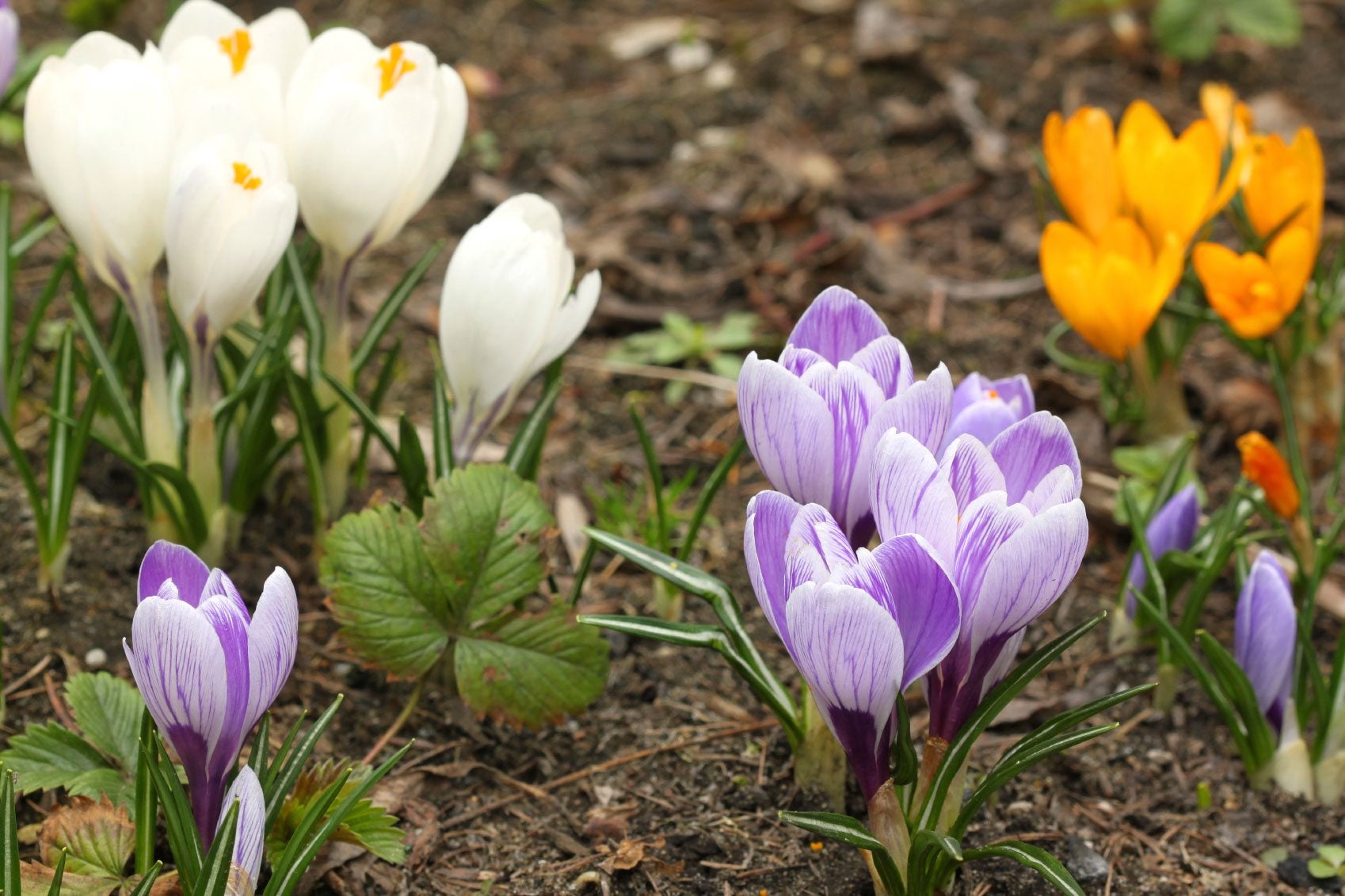 Common Crocus Species: Fall And Spring Blooming Crocus Plant Varieties
Common Crocus Species: Fall And Spring Blooming Crocus Plant VarietiesWe?re all familiar with spring crocus flowers, those dependable favorites that dot the ground with bright jewel tones. However, you can also plant less familiar, fall blooming crocus. Learn more about different types of crocus in this article.
By Mary H. Dyer
-
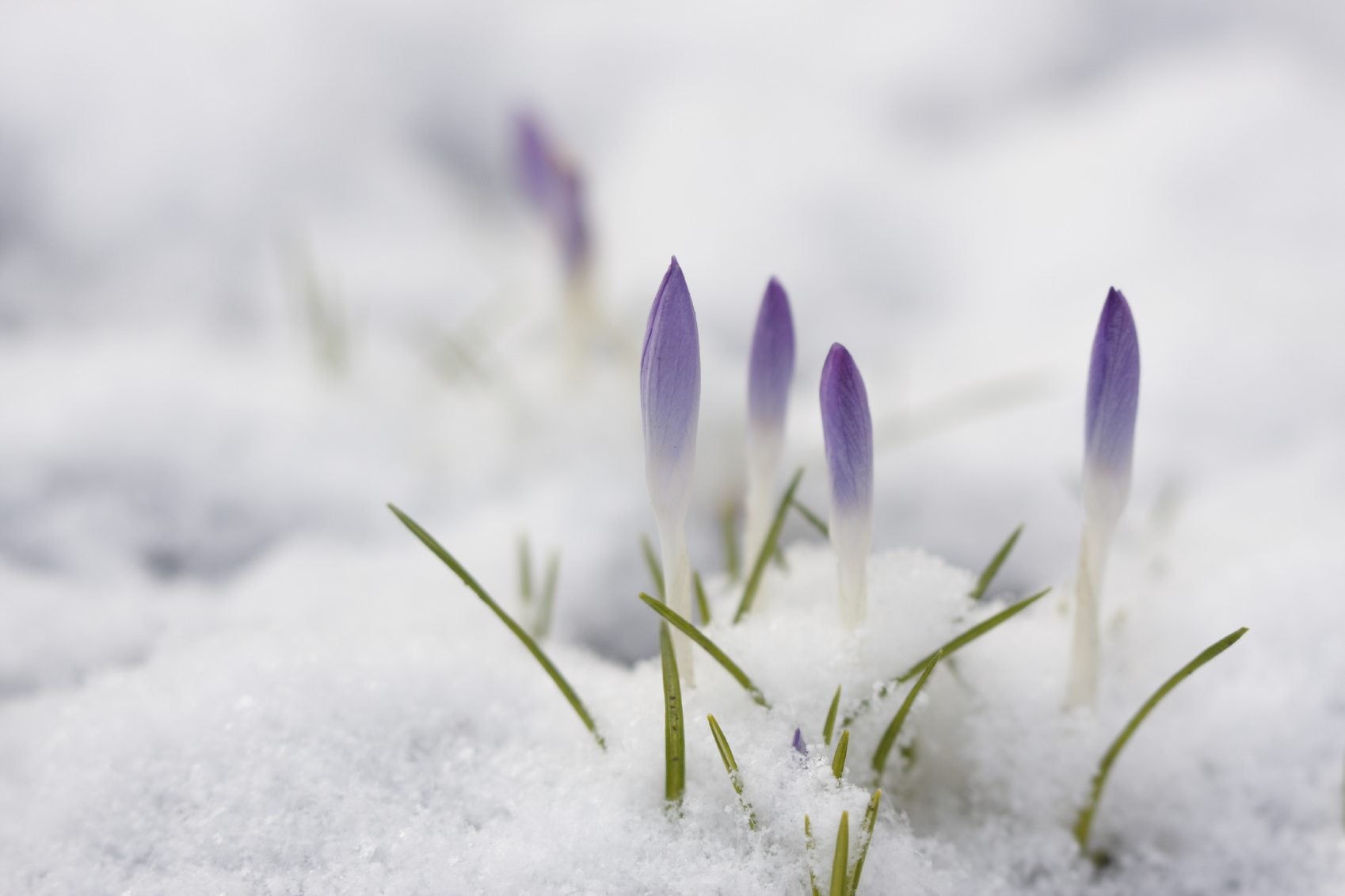 Crocus Winter Flowering: Learn About Crocus In Snow And Cold
Crocus Winter Flowering: Learn About Crocus In Snow And ColdCrocus winter flowering happens in temperate regions. It is not uncommon to see their white, yellow and purple heads surrounded by late snow. Will snow hurt crocus blooms? This article explains more about crocus cold hardiness.
By Bonnie L. Grant
-
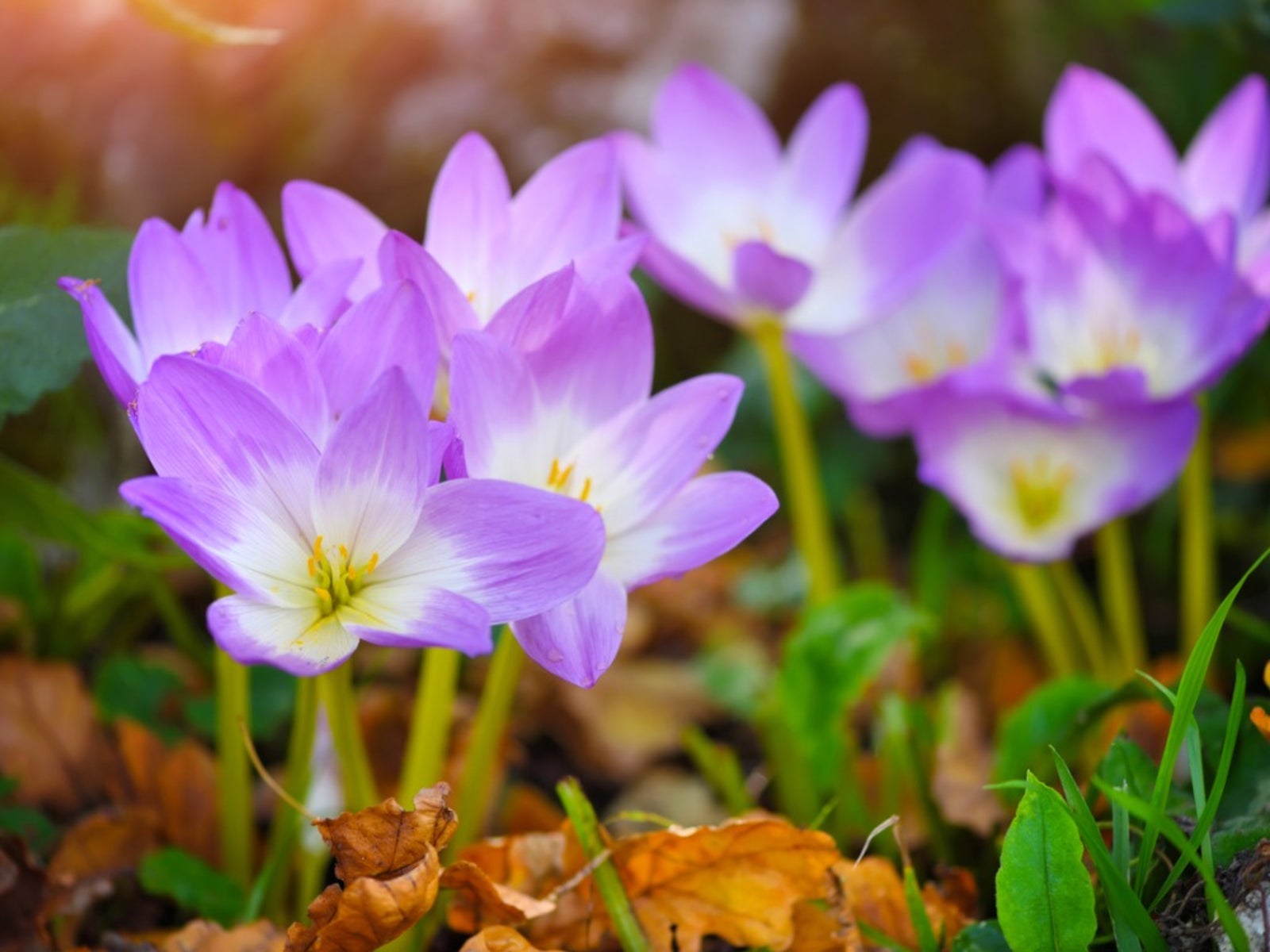 What Is Autumn Crocus: Growing Information And Care Of Autumn Crocus Plants
What Is Autumn Crocus: Growing Information And Care Of Autumn Crocus PlantsA charming addition to your fall flower bed, autumn crocus bulbs add unique color when much of the garden is getting ready for its long winter nap. Learn more about growing autumn crocus in this article.
By Amy Grant
-
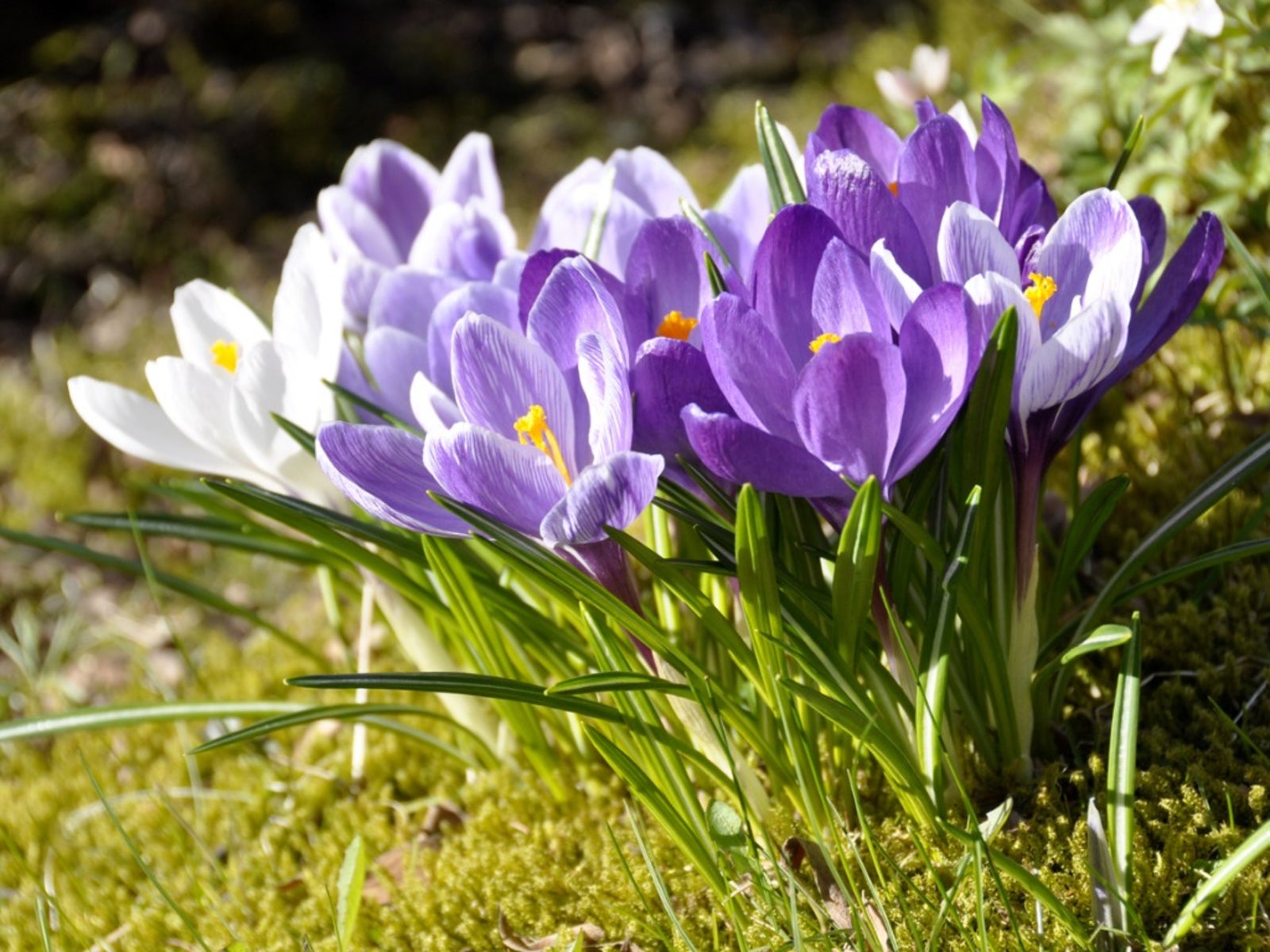 Tips For Growing Crocus In Your Garden
Tips For Growing Crocus In Your GardenOne of the first blooms to appear is the crocus, sometimes peeking up through a layer of snow with the promise of spring. Growing crocus in the home garden is easy, and this article can help.
By Bonnie L. Grant